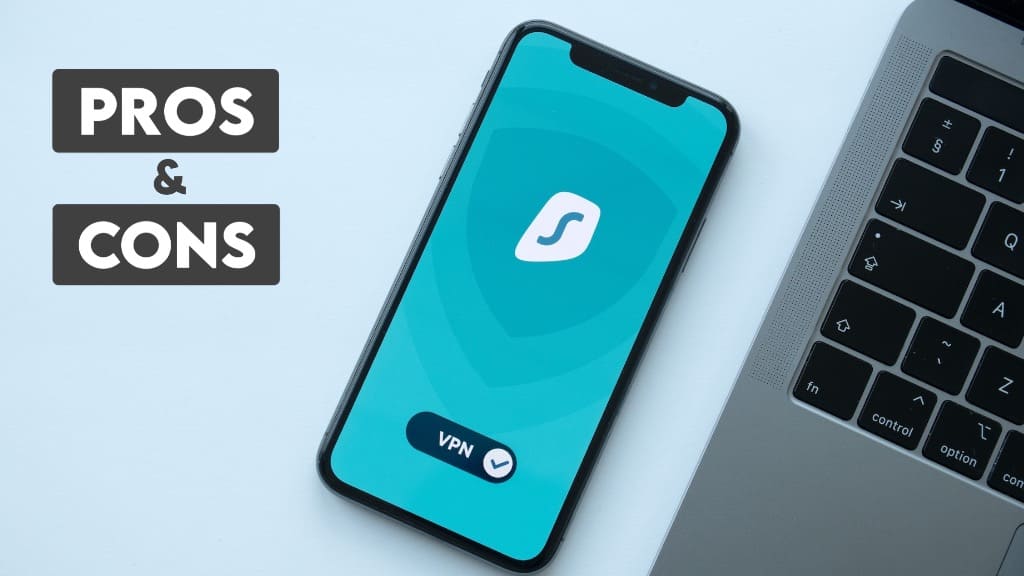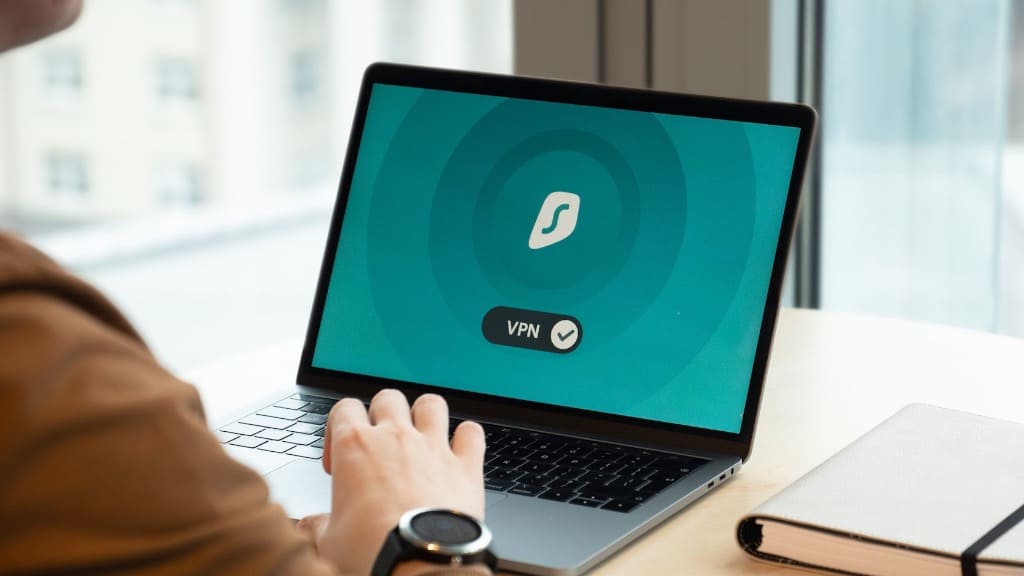VPNs have existed since the early days of the development of the Internet. Famous for many reasons. Whenever we talk about online privacy and security, we cannot forget to mention VPN. They are commonly used to bypass blocked websites and geo-restricted content, but the use of VPNs is much more widespread than that.

VPN (short for Virtual Private Network) provides you a secure way to surf the web securely by encrypting your Internet traffic. If you are new to the word VPN, you must have a lot of questions like what is a VPN, how does it work, is it secure, when you need to use it, what are its pros and cons, and many more. We have come up with this article to clear all your doubts regarding VPNs. Let us discuss the advantages and disadvantages of using a VPN.
1. Access Blocked Websites

There are many instances when you find that your access to a particular website is blocked for some reason. This may be due to censorship by your government or Internet Service Provider (ISP). Sometimes you are restricted to access non-useful websites at your work, school or college. Other reasons for blocking a website can be geo-restrictions or parental controls. Whatever the reason, using a VPN is the ultimate solution to bypass blocked websites. VPNs are widely used for this purpose.
There are hundreds of VPN providers both free and paid in the market. They all work in the same way but what makes them different is their speed, privacy and security factor. If you are concerned about your online privacy and need a decent internet speed, you should always opt for a premium VPN.
2. Change your location
A VPN can also help you change the location of your device to make apps, websites and other third-party services believe that you are located in a different location. You can also change your location to a different country and hide your real IP address. Most premium VPNs have this feature so that you can choose the server of your choice. These servers are located in different parts of the world. Selecting a server from a different location will help you stay anonymous on the Internet and access geo-restricted content.
3. Browse the Web Anonymously

Being anonymous on the internet is a major concern for many of us. You may not be aware of the fact that your network providers, governments, hackers, websites, advertisers and other third parties are tracking you. VPN comes to the rescue by hiding your identity while browsing the internet. It masks your IP address making it harder for websites and third parties to track your activity. It gives you the freedom to surf the web anonymously. You can also access the dark web on the Internet without keeping anyone's eyes on you
4. Bypass Geo-restrictions
Geo-restriction, also known as geoblocking, is the practice of blocking access to a content or service based on a user's location. There are some apps and websites that are only available in certain countries. Another great example of geoblocking can be seen on Netflix. The movies and TV shows that appear on the Netflix library may vary depending on the region where you are located. Some movies and TV shows may not be available in your region. If you ever come across geo-restricted content, you can use a VPN to bypass that restriction.
5. Use Public Wi-Fi Safely
It is not considered safe to use public Wi-Fi for several reasons. It is very easy to get free Wi-Fi at metro stations, cafes, airports, malls and other public places. We humans have a tendency to be attracted towards free services. But you must be aware of the fact that these public Wi-Fi poses a huge security risk and makes you vulnerable to hackers.

When you are connected to public Wi-Fi, you are openly exposed to hackers sitting in the same network. This can result in your device being hacked and even your personal information can be compromised. Public Wi-Fi also invites malware, viruses, and worms to your device. A secure way to access public Wi-Fi is to use a VPN service. The VPN will encrypt your internet traffic to create a safe and secure connection over public Wi-Fi.
6. Protect your data and privacy

Now let's talk about how a VPN gives you online privacy and security. VPN uses end-to-end encryption technology to encrypt and route your data through an encrypted tunnel. When you access the web directly without a VPN, the data packets you exchange during the process are not encrypted. This leaves your data vulnerable to man-in-the-middle. On the other hand, when you are using a VPN, not only is your data encrypted, but you are accessing the web anonymously from a different location. Even if someone has access to your data, they will not be able to decrypt it.
Disadvantages of Using a VPN
Despite having so many benefits, VPNs also have some disadvantages. Here we have listed them -
- Cost Factor – Most premium VPNs are not free. Although you can find hundreds of free VPN services, they do not serve the purpose of data protection. A good and secure VPN will cost you on a monthly or yearly basis.
- Data breaches – There have been many instances in the past when VPN services have been accused of data breaches. VPNs are mainly used for data privacy and security, but ironically, it can expose you to hackers and third parties when there is a data breach.
- Slow Internet Speed - Using a VPN will slow down your internet speed. This is because your Internet traffic is now being passed through an intermediate server. You may face the problem of lagging while streaming videos and games.
- Blocking – Some websites and services may block you from accessing their content if they detect that you are using a VPN.
- Banned – VPNs are banned or highly restricted in some countries because they break internet censorship. However, most countries allow the use of a VPN as long as you do not engage in illegal activity.
- Data Security Issues – VPN can only encrypt your internet traffic. The data stored on your device will still remain unprotected. You need to use antivirus software to protect yourself from phishing, viruses and malware.
So these were some advantages and disadvantages of using a VPN.
